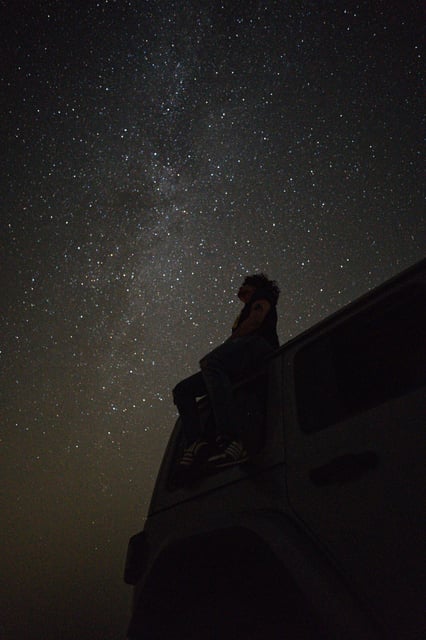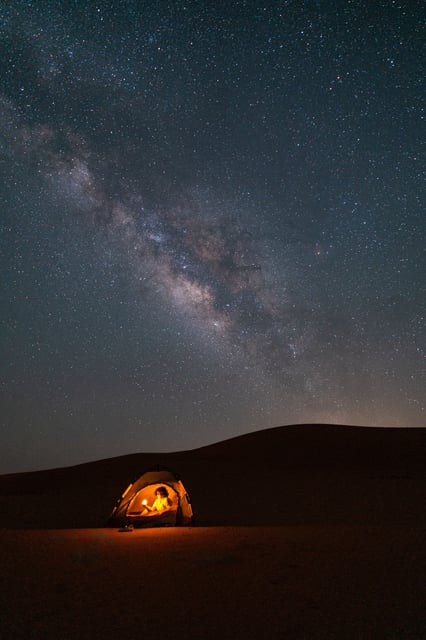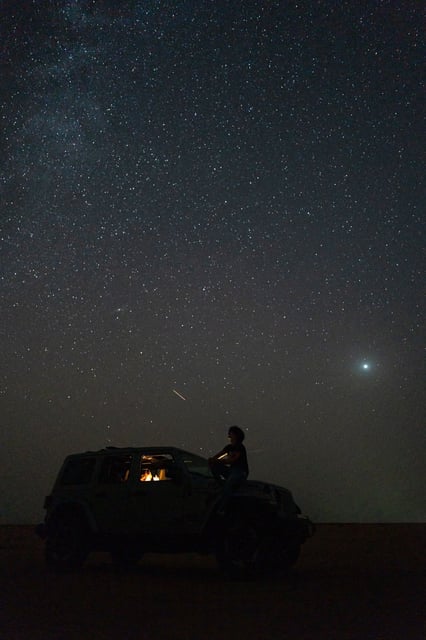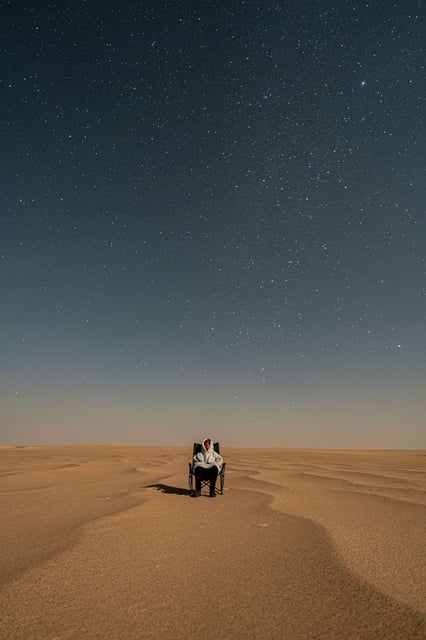Overview
- Astrotourism, which involves traveling to low-light pollution areas to experience the night sky, is growing in popularity as more people seek awe-inspiring celestial views.
- U.S. national parks, such as Great Basin and Death Valley, are key destinations for stargazing, with designated Dark Sky certifications and astronomy programs drawing visitors.
- Saudi Arabia recently established the Middle East's first Dark Sky Parks in AlUla, highlighting its commitment to preserving natural darkness and promoting cultural starlore.
- Light pollution, which affects 99% of the U.S. population, is a major focus of astrotourism efforts, with destinations adopting sustainable lighting practices to protect ecosystems and enhance night sky visibility.
- Astrotourism contributes significantly to local economies, with celestial events like solar eclipses generating billions in revenue and inspiring travelers to connect with nature and heritage.



